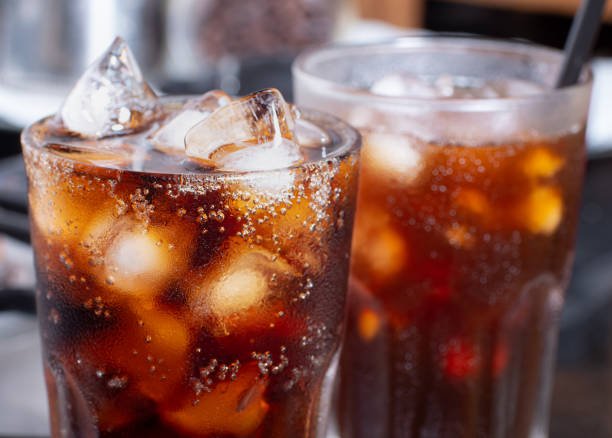UK: A BBC Watchdog investigation has revealed alarming hygiene lapses in the ice served at major fast-food chains in the United Kingdom. Testing of ice from 30 outlets, including McDonald’s, Burger King, and KFC, found that more than half of the samples contained fecal bacteria, with several showing significant contamination levels. The findings raised public health concerns about food safety standards in some of the country’s most popular restaurants.
Experts cited poor handling practices and inadequate equipment maintenance as the primary causes of contamination. Ice can become tainted when staff handle it with unwashed hands, use dirty scoops, or neglect routine machine cleaning schedules. Because ice often bypasses cooking or disinfecting processes, bacteria introduced at this stage can go directly into customers’ drinks, posing a potential health risk, particularly for people with weaker immune systems.
The problem is not unique to the UK. In the United States, similar investigations have uncovered equally troubling results. An ABC News report found that ice samples from some American fast-food restaurants contained more bacteria than toilet water, highlighting systemic lapses in hygiene protocols. Such discoveries have fueled calls for stricter inspections and better staff training to address these risks.
U.S. health inspectors regularly cite restaurants for mold, slime, and debris buildup in ice machines, issues that mirror those found in the UK investigation. Food safety advocates argue that both countries need clearer regulations and more frequent checks to ensure compliance. They also stress that simple measures—like proper handwashing, regular sanitizing of machines, and clear handling procedures—could dramatically reduce contamination and improve public trust in fast-food chains.



